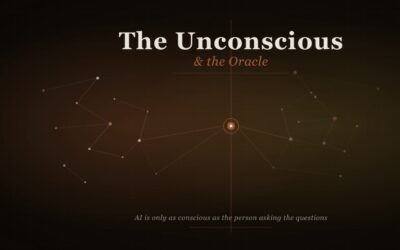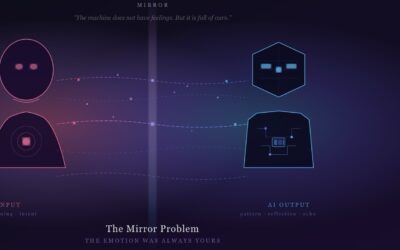Lately, I’ve been reflecting on how we, as a society, process acts of violence and tragedy. Abby Phillip’s segment on CNN often inspires me to question my own assumptions and invites me to see things from perspectives I might have previously overlooked. This openness to receiving and reflecting has been a big part of my own healing journey, and it’s always intriguing to test how I see the world.
Recent events in New Orleans and Las Vegas caught my attention, not just for their tragedy but for the narratives that followed. When violence occurs and the perpetrators are foreign-born—though now U.S. citizens—the conversation shifts to terrorism or immigration. The border becomes a focal point. But when the same acts are committed by American-born individuals, the dialogue often pivots to mental health.
This leaves me wondering: what happens when the lines blur?
What if immigrants—those who come to this country, become citizens, and identify as Americans—struggle with mental health issues? Does the narrative still shift to terrorism, or does it remain a mental health discussion? Or worse, does it morph into an immigration or border issue?
I don’t have the answers, but I can’t help but think about the weight of these distinctions. At what point do we allow someone to simply be a person—a human being navigating the complexities of mental health, identity, and belonging—without attaching them to larger political narratives?
It’s easy to oversimplify when trying to make sense of tragedy. Labels like “terrorist,” “immigrant,” or “mentally ill” become shortcuts to understanding, but they don’t tell the whole story. They don’t account for the nuance of human experience, the struggles of assimilation, or the pressure immigrants face to navigate two worlds.
The broader question becomes: how do we, as a nation, reconcile our assumptions about mental health, immigration, and identity? How do we create space for conversations that go beyond soundbites and political talking points?
Perhaps the answer lies in stepping back, as I try to do when watching segments like Abby Phillip’s, and asking ourselves: What assumptions am I holding onto? How might those assumptions shape the way I see people and their actions?
There’s power in questioning, even when the answers feel elusive. It’s in that questioning that we find room for growth, for empathy, and for rethinking the stories we tell about ourselves and others.
I don’t have a conclusion here—only an open-ended thought. But maybe that’s the point. To sit with the discomfort of not knowing and to remain open to the perspectives that challenge us.




0 Comments